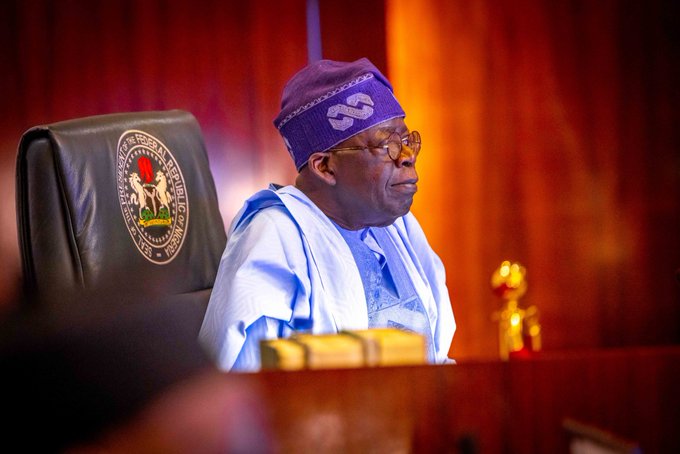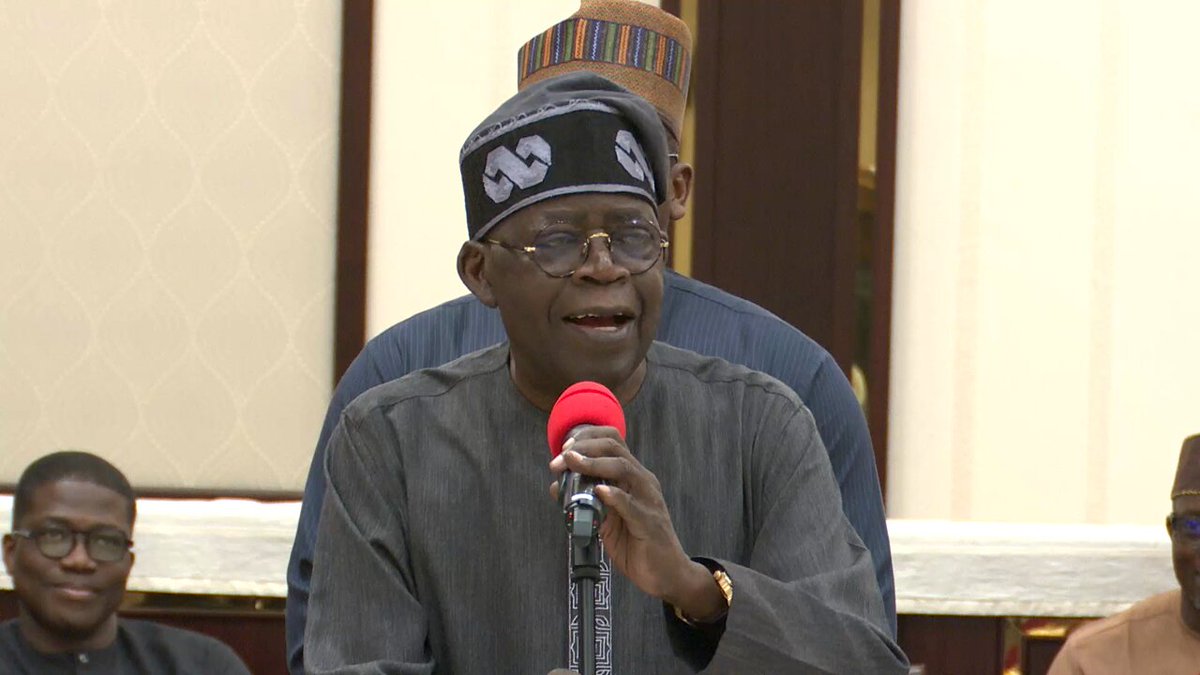That picture that you posted on Instagram? Intellectual property. That video you posted to YouTube? Intellectual Property. That flat tummy tea or waist trainer that you see being advertised by your favorite social media influencer? Subject to FTC regulations. Law and social media are not as separate as you may think.
Intellectual Property in Social Media
Intellectual property refers to creations of the mind, such as: inventions, literary and artistic works, designs and symbols, names and images used in commerce.1 In other words, if you think of something that is able to be brought out of your mind and into real life in one form or another, that is your intellectual property and you could make money from it. Similar to what many of us post on our social media platforms, these pictures, videos, poems, or captions that you share are all examples of intellectual property.
What Does Intellectual Property Have to Do with Social Media?
Intellectual property is literally everywhere, especially on social media. Millions of people use social media, whether it be Facebook, Instagram, Twitter, etc. and on these different platforms people share different types of content. Some people share personal information, some people share their creative works which would also be recognized as their intellectual property. The CEO of Facebook, Mark Zuckerberg said, “Every piece of content that you share on Facebook, you own, and you have complete control over who sees it and…how you share it, and you can remove it at any time.”2
Social media is a great source for influencing consumers as well. For example, take a look at the #AlexFromTarget meme. That meme enhanced the Target brand and persuaded a lot of people to shop at Target as well, which definitely helped Target’s bottom line.3 In addition to that meme, brands have also used social media to enhance their companies financially as well through the use of your social media influencers and with the help of the Federal Trade Commission (FTC).
What is the FTC ?
The FTC is the Federal Trade Commission, and this agency’s mission is protecting consumers and competition by preventing anticompetitive, deceptive, and unfair business practices through law enforcement, advocacy, and education without unduly burdening legitimate business activity.4
The goals of the FTC are:
- Protect Consumers from unfair and deceptive practices in the marketplace.
- Maintain competition to promote a marketplace free from anti-competitive mergers, business practices, or public policy outcomes.
- Advance the FTC’s performance through excellence in managing resources, human capital and information technology
So Why Should the FTC Matter to Your Favorite Social Media Influencer?
Well, imagine you’re scrolling down your Instagram feed or your Twitter feed and you see your favorite social media influencer using a certain product, you may be naturally inclined to want to use this product because your favorite influencer is using it too. However, you may not know for sure whether the influencer is using that product because they love it so much or because they are being paid to use it.
Social media influencers have become a great medium for companies to promote their products. Since these people can influence their followers, they could also bring more money in for these companies. In this instance, the FTC comes into play because they don’t want consumers to be led into buying these products because the consumers think that the influencers just genuinely love these products.
For example, Kylie Jenner once referred to an Airbnb gift as a rental. She later edited the post in order to tell her fans that she didn’t rent the property. She may not have intended to mislead or confuse her followers; her followers may have construed it differently. Airbnb benefited from the high-profile exposure because Kylie’s followers saw the post and may have rented from Airbnb. 5
The FTC says that a celebrity or influencer tagging a brand that that they are using or associating with is an endorsement and may require a disclosure; if a celebrity or social media influencer receives a product for free and then decides to endorse it, under the FTC’s current guidance, they would only have to put “#ad” on their post.6 By putting #ad on their post; the influencer’s followers are aware that their influencers are being paid to do this and are not just merely in love with the product.
The FTC plays a huge role in the way that social media influencers post for brands and the way that companies market their intellectual property through social media influencers. So the next time you see your favorite social media influencer upload a post with #ad or even #sponsored, just know they are following the rules of the FTC.







































Leave a comment